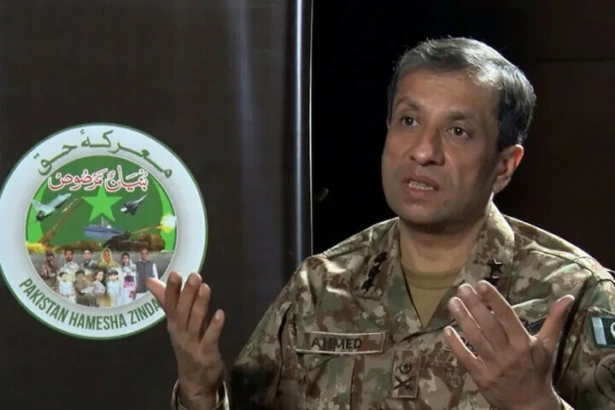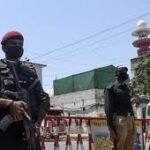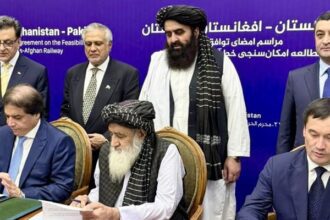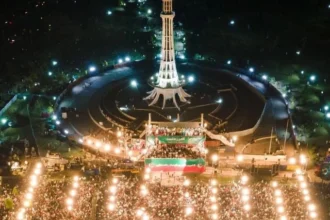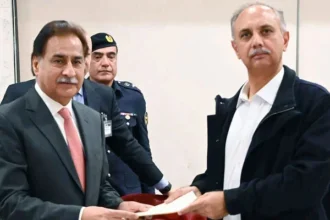Director General of the Inter-Services Public Relations (ISPR), Lieutenant General Ahmed Sharif Chaudhry, has said that the Pakistan Armed Forces have given India a lesson it won’t forget, and the military response to recent aggression will be studied for decades. He made it clear that if India fails to uphold the Indus Waters Treaty and Kashmir gains freedom, all six rivers flowing from Kashmir will belong to Pakistan.
Speaking to Al Jazeera, General Chaudhry said the Pakistani military thwarted Indian designs and maintained superiority in the recent conflict, stating, “Pakistan’s armed forces chose the time and place to respond and did so with precision. All 26 selected targets were hit successfully.”
He emphasized that the military’s performance has strengthened its bond with the nation. “The people’s joy, seen in the streets and cities of Pakistan, is proof of our collective resolve,” he said.
Chaudhry further stated that Pakistan’s confrontation with India is not limited to the battlefield. “We have exposed India’s false narratives, propaganda, and aggression at every front—military, diplomatic, and media,” he said.
Referring to the Pulwama incident, he said India fabricated stories but failed to present any credible evidence against Pakistan. “We only asked them to share evidence with a third party or neutral forum—till today, they haven’t responded.”
Highlighting the aerial engagement, the ISPR chief said, “They came with full air force strength, yet we downed six of their aircraft. In many areas along the Line of Control, they were forced to wave white flags.”
He criticized India’s media narrative, saying, “We didn’t respond in darkness like cowards; we warned, we responded, and we told the truth. The world saw the contrast—where our transparency stood against their falsehoods.”
He also dismissed Indian claims of attacking Karachi or relocating Pakistan’s Prime Minister. “They even shared fake images, mislabeling civilians as militants. No credible organization has taken their claims seriously.”
He continued, “They talked of nuclear radiation and urged international intervention—again, all lies. You can’t build credibility by shutting down websites or jailing journalists. Truth builds reputation.”
He praised the professionalism of the Pakistan Air Force and the harmony between the armed forces, political leadership, and the public. “This was a unified national response.”
Commenting on the significance of the recent aerial confrontation, General Chaudhry said, “The events of May 6–7 will be discussed in air war colleges for decades. This wasn’t just a response; it was a strategic statement.”
When asked about future peace, he responded, “A ceasefire only means silence in guns. True peace requires India to shed its war-driven mindset and address the suffering of its minorities and occupied people.”
He highlighted systemic injustices in India. “It’s not just about Muslims—Christians, Sikhs, and lower castes are also suffering. Such suppression creates reactions, but India blames others instead of addressing its internal crises.”
On the Indus Waters Treaty, he said, “Only someone mad would think 240 million people can be denied water. Kashmir is disputed. If tomorrow Kashmir chooses Pakistan, all six rivers will be ours. That’s a fact, and we’ll deal with it accordingly.


